
Authors: Vienna Herrera, Celia Pousset, Jennifer Ávila y Catherine Calderón
Themis, the blind goddess of justice, stands in front of the Supreme Court holding a set of balanced scales. The court is out of reach for women who were raped, beaten, criminalized, murdered or suffered an obstetric emergency.
Honduras is one of the most violent countries for women in Latin America. Although murder rates in general have decreased during the last eight years, denunciations of domestic violence, crimes against sexual rights and femicides have increased. By October 31, 2023*, the Center for Women’s Rights (Centro de Derechos de Mujeres) registered 341 violent female deaths, an increase from 297 in the previous year.
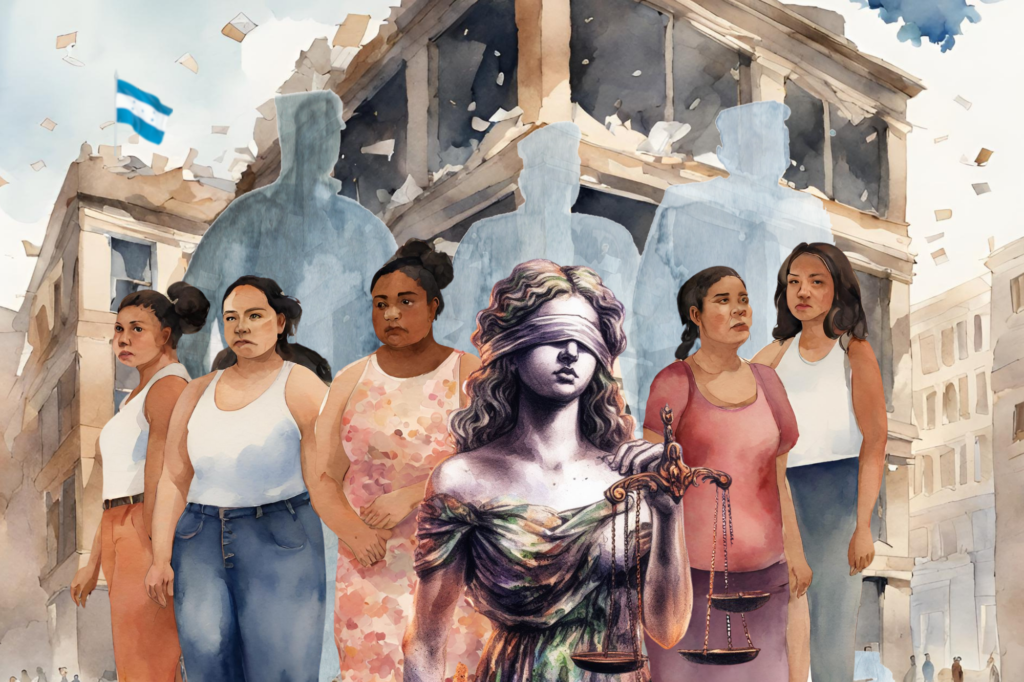


Violent deaths in 2023*
There’s substantial impunity surrounding these cases. Only 35 percent of violent death cases investigated by the Attorney General’s Office made it to the Supreme Court between 2010 and 2019. Many investigations don’t make it past the Attorney General’s Office, an institution that has not prioritized this emergency.
There are failures in the system, and the erroneous classification of crimes is one of the most serious issues. Although Article 208 of the Penal Code defines aggravated femicide as murder committed against a woman by a “partner or former partner,” between January 2015 and August 2023, the Attorney General’s Office registered 21 cases of parricide—of the total 100 cases that took place during that period—in which the suspects had a relationship with the victims at some point.
The justice system, which is obliged to protect women, attacks them. In Honduras, women have been unfairly prosecuted for abortion after suffering obstetric emergencies following medical malpractices in the health care system. Due to inconclusive evidence and gender stereotypes, women are forced to go through a long, exhausting judicial process in which they relive their traumatizing experiences. The Attorney General’s Office is usually the least supportive institution.
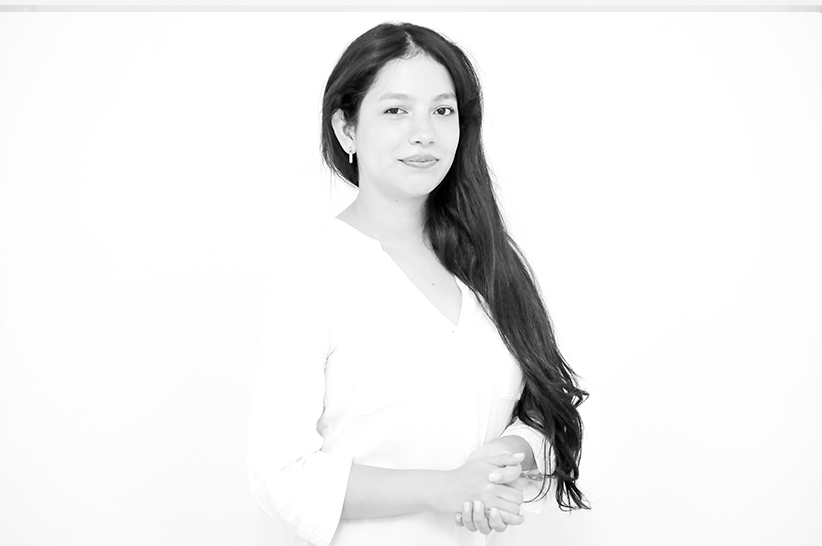
Periodista recientemente graduada de la escuela de periodismo de Sciences Po Rennes ( Francia), he trabajado temas de género, justicia y desigualdad en Guatemala y El Salvador, he incursionado en el documental radiofónico en Francia sobre migración
Célia Pousset Periodista de Investigación
Periodista, cofundadora y directora editorial de Contracorriente. LASA Media Award 2020, Premio Gabo a la Excelencia Periodística 2023.
Jennifer Ávila Co fundadora y Directora Editorial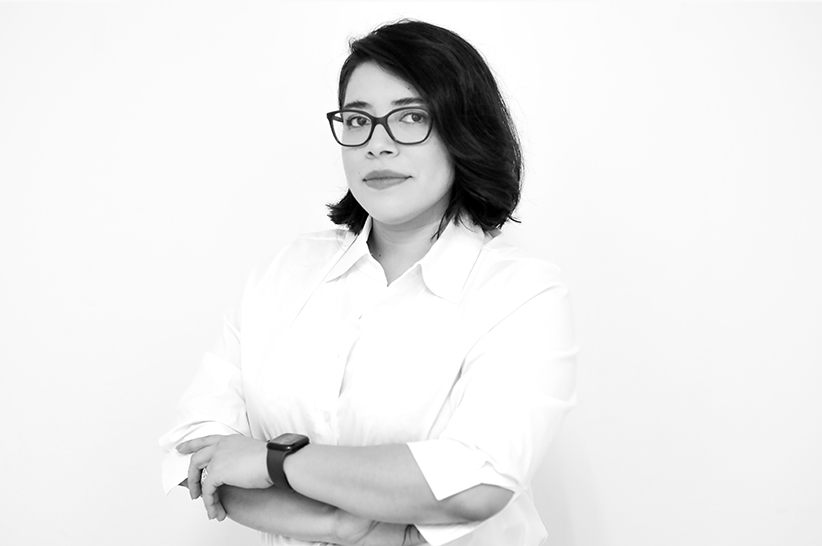
Cofundadora de Contracorriente y directora de desarrollo. Cubre temas de género, en específico población LGTBI, violencia y juventud. METIS fellow 2019.
Catherine Calderón Co fundadora y Directora de Desarrollo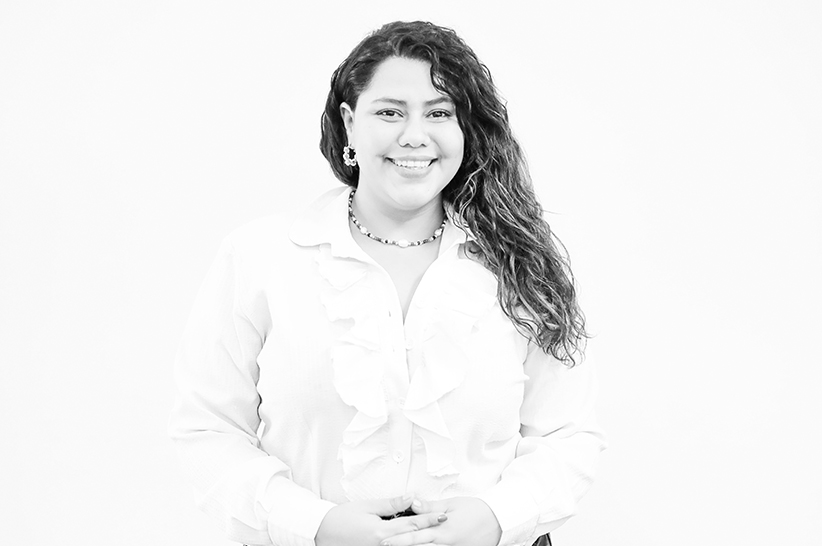
Credits:
A special by Contracorriente
Idea and story editing:
Jennifer Ávila
Investigation: Vienna Herrera and Celia Pousset
Photography: Jorge Cabrera and Fernando Destephen
Style editing: María Eugenia Ramos
Illustrations were designed with the AI apps Canva and BING with ideas and editing from Catherine Calderón.
Thanks to Fund for a Just Society and Seattle International Foundation for their support.


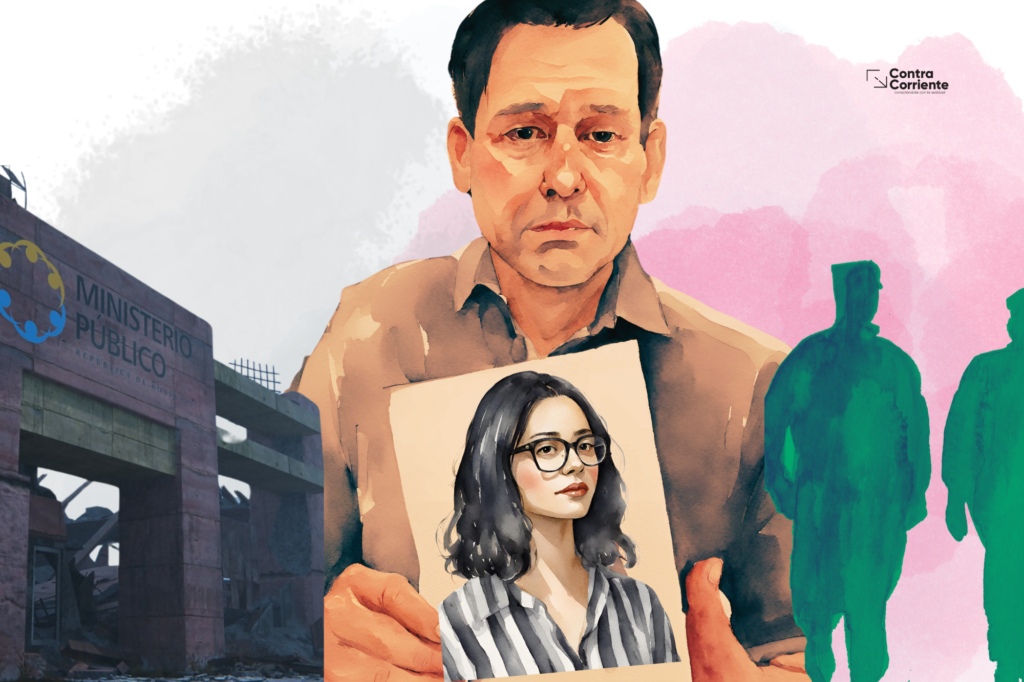
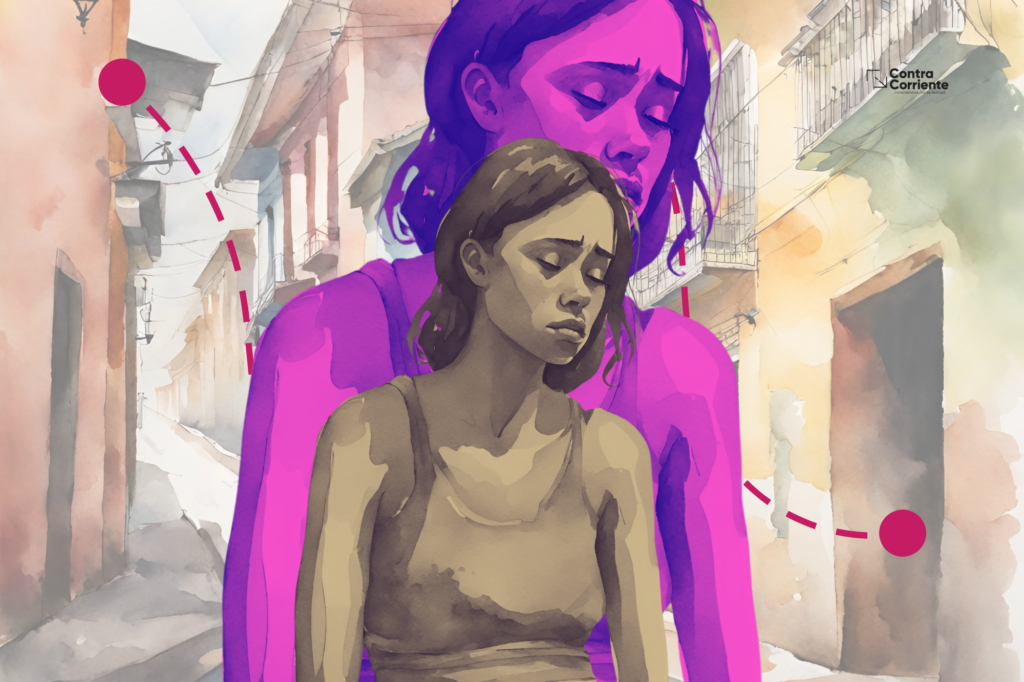


Periodista de investigación con enfoque especializado en género. Apasionada por investigar las estructuras de poder políticas, económicas y patriarcales en Honduras. En 2020 formó parte del equipo finalista del premio Gabo en la categoría de cobertura con el proyecto «Tierra de Resistentes».
Vienna Herrera Periodista de Investigación